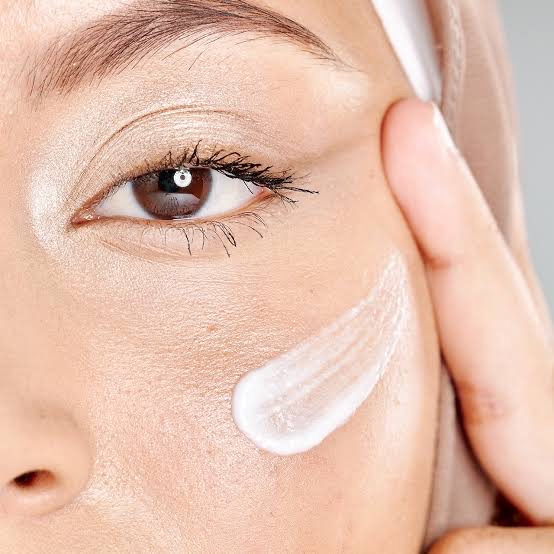Women with light skin often face unique challenges, such as heightened sensitivity to UV rays, a higher risk of sun damage, and susceptibility to redness and irritation. A well-rounded skincare routine can address these issues while promoting a healthy, glowing complexion. Here’s a comprehensive skincare routine tailored for light skin women.
Morning Routine
1. Cleansing
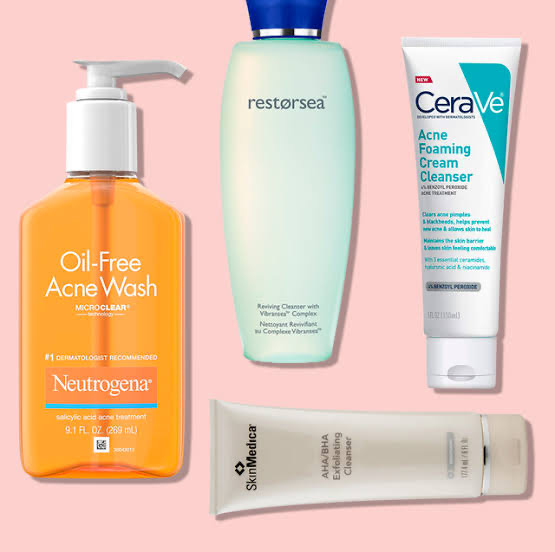
Start your morning with a gentle cleanser that effectively removes overnight impurities without stripping the skin of its natural oils. Light skin can be more prone to dryness and irritation, so opt for a non-foaming, sulfate-free cleanser.
Recommended Product Types:
• Hydrating gel cleansers
• Cream cleansers
2. Toning
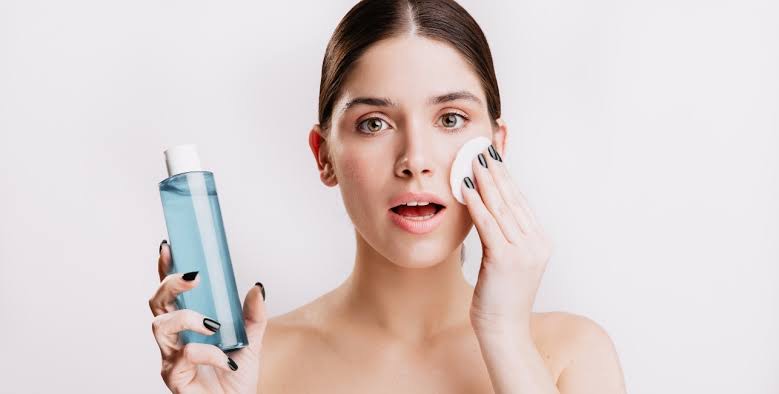
Use a gentle, alcohol-free toner to balance your skin’s pH and prep it for the following steps. Look for toners with calming and hydrating ingredients like rose water, chamomile, and hyaluronic acid.
Recommended Product Types:
• Alcohol-free toners
• Hydrating mists
3. Serum
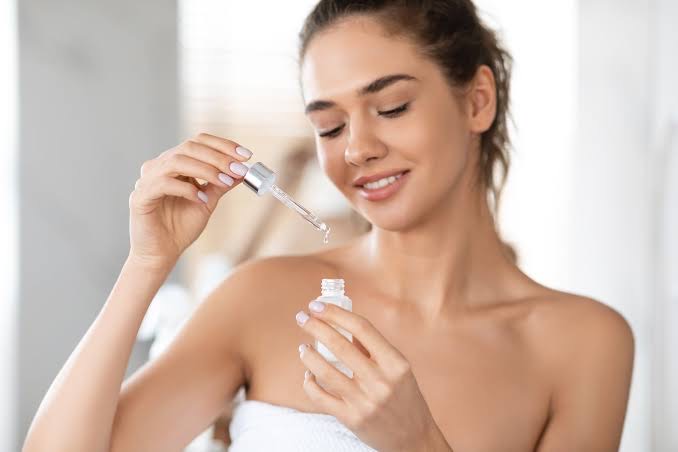
Apply a serum that targets specific skin concerns such as fine lines, dullness, or uneven skin tone. Serums containing vitamin C, niacinamide, or hyaluronic acid are excellent for brightening, hydrating, and protecting the skin.
Recommended Ingredients:
– Vitamin C
– Niacinamide
– Hyaluronic acid
4. Moisturizing
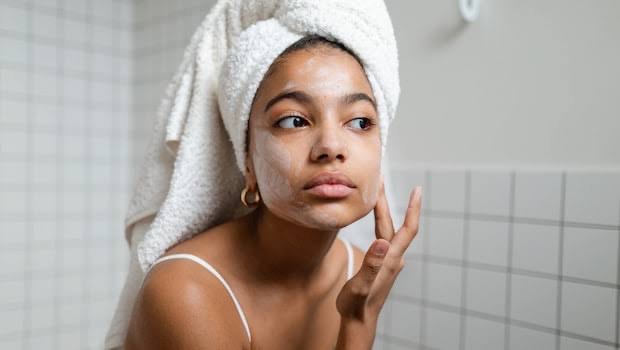
Choose a lightweight, non-comedogenic moisturizer that provides sufficient hydration without clogging pores. Ingredients like glycerin, hyaluronic acid, and ceramides can help maintain skin hydration.
Recommended Product Types:
• Gel moisturizers
• Lightweight lotions
5. Sun Protection
Sunscreen is crucial for light skin to protect against sunburn, premature aging, and skin cancer. Opt for a broad-spectrum sunscreen with at least SPF 30. Mineral sunscreens with zinc oxide or titanium dioxide are particularly gentle and effective.
Recommended Product Types:
• Broad-spectrum SPF 30+ sunscreens
• Mineral sunscreens
Evening Routine
1. Double Cleansing
Begin with an oil-based cleanser to remove makeup, sunscreen, and impurities, followed by a water-based cleanser to thoroughly cleanse the skin.
Recommended Product Types:
• Cleansing oils or balms
• Gentle foaming cleansers
2. Exfoliating
Exfoliate 2-3 times a week with a gentle chemical exfoliant containing AHAs (like glycolic acid) or BHAs (like salicylic acid). This helps remove dead skin cells and promotes cell turnover, leaving the skin smooth and radiant.
Recommended Product Types:
• Glycolic acid exfoliants
• Salicylic acid exfoliants
3. Toning
Apply your toner to balance the skin’s pH and prepare it for better absorption of treatment products.
Recommended Product Types:
• Alcohol-free toners
• Hydrating mists
4. Treatment
Incorporate targeted treatments based on your specific skin concerns, such as retinol for anti-aging, or serums for hydration and brightening.
Recommended Ingredients:
– Retinol
– Hyaluronic acid
– Alpha arbutin
5. Moisturizing
Use a richer moisturizer or overnight mask to deeply hydrate and repair your skin while you sleep. Ingredients like shea butter, ceramides, and peptides are beneficial.
Recommended Product Types:
• Cream moisturizers
• Overnight masks
Additional Tips
1. Masking
Use a hydrating or soothing mask once or twice a week to give your skin an extra boost. Look for masks with ingredients like hyaluronic acid, vitamin C, and antioxidants.
2. Spot Treatment
For acne or hyperpigmentation, use a targeted spot treatment with ingredients like benzoyl peroxide, salicylic acid, or hydroquinone.
3. Healthy Lifestyle
Maintain a balanced diet rich in fruits, vegetables, and omega-3 fatty acids. Stay hydrated by drinking plenty of water, and ensure you get adequate sleep to help your skin repair and regenerate.
4. Regular Check-ups
Visit a dermatologist regularly to address any persistent skin concerns and to get personalized skincare advice.
A tailored skincare routine can help address the specific needs of light skin, promoting a healthy, glowing complexion. By focusing on gentle cleansing, hydration, sun protection, and targeted treatments, you can effectively manage common concerns like sensitivity, redness, and sun damage. Remember, consistency is key, and it’s important to listen to your skin’s needs and adjust your routine as necessary.
